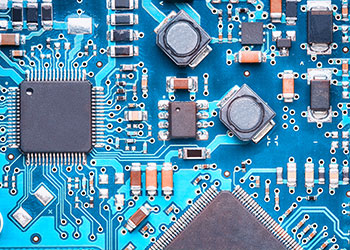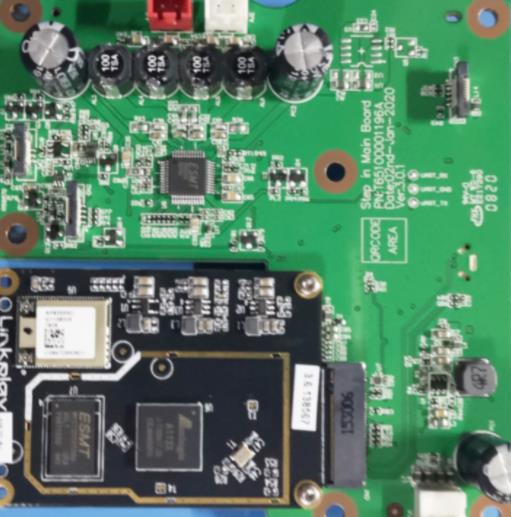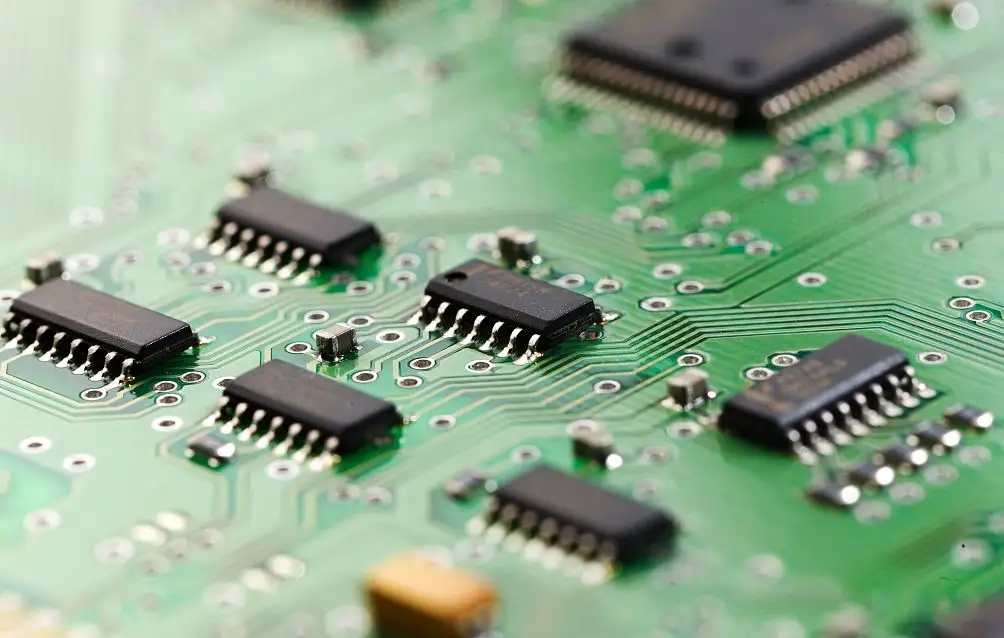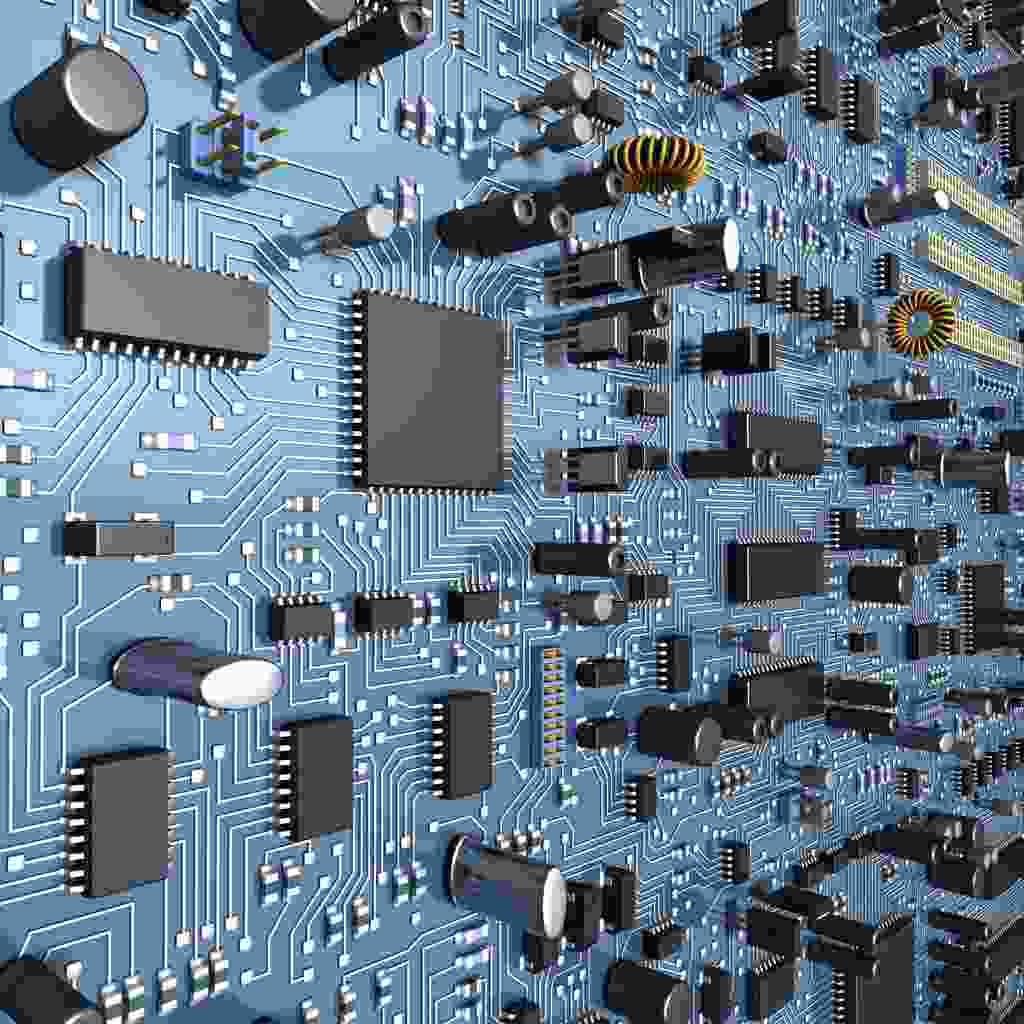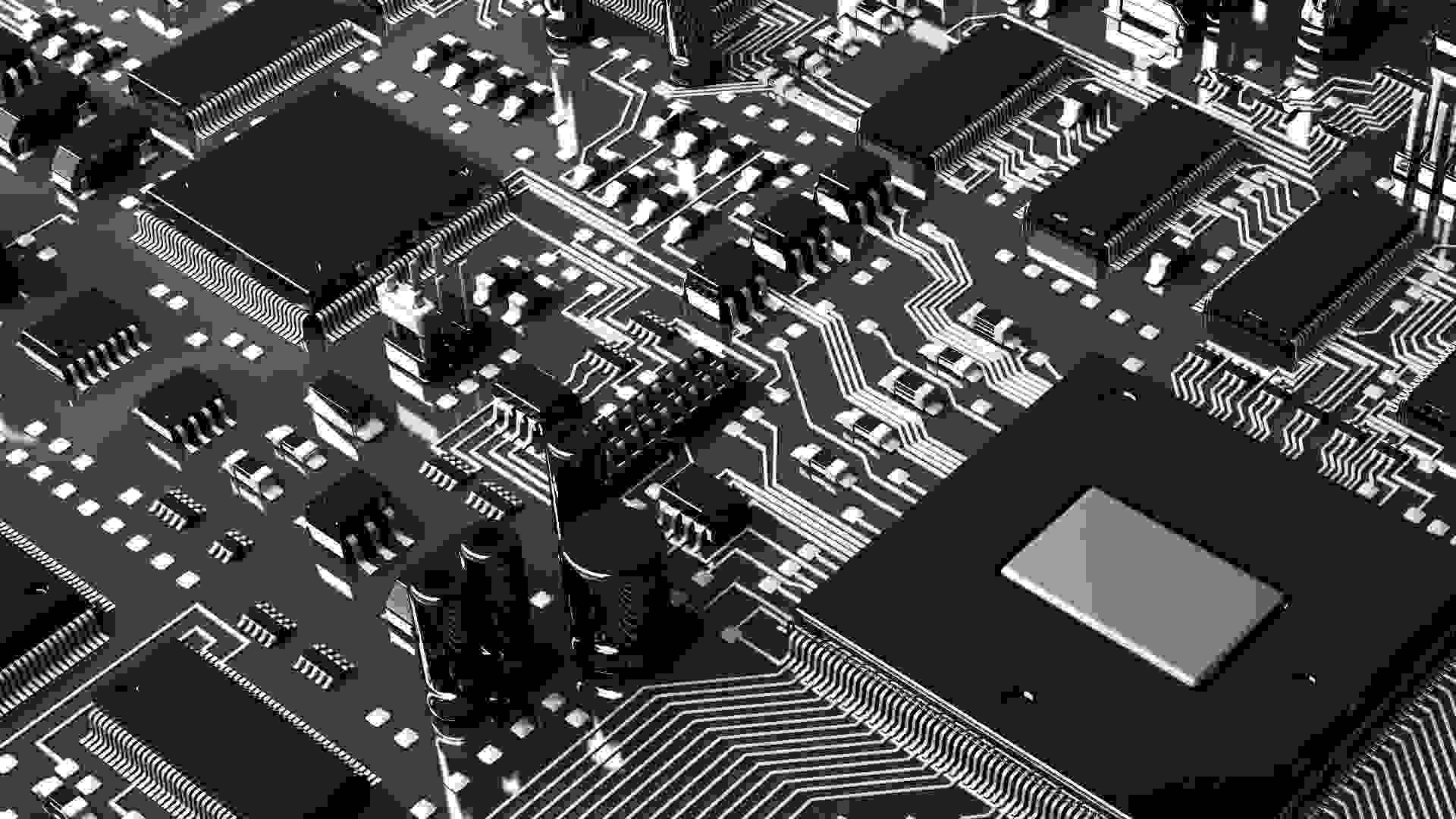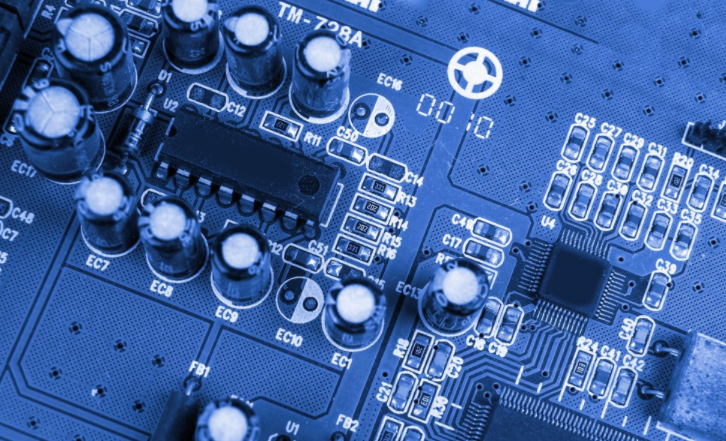
What is the explanation for PCBA plate welding
PCBA processing is in progress, there are many production processes, whICh are prone to many quality problems At this time, it is necessary to continuously improve the PCBA welding method and process to effectively improve product quality
PCBA welding
1. Increase welding temperature and time
The intermetallic bond between copper and tin forms grains The shape and size of grains depend on the temperature duration and strength during welding There is less heat in the welding process, which can form fine crystal structure and form excellent welding points with the best strength If the reaction time of PCBA patch treatment is too long, due to the long welding time, high temperature or both, it will form rough crystal structure, which is hard and brittle, and has high shear strength SMAll
2. Reduce surface tension
The cohesion of tin lead solder is even greater than that of water. This solder is spherical to minimize its surface area (under the same volume, compared with other geometric shapes, the sphere has the smallest surface area to meet the needs of the lowest energy state). The effect of flux is SIMilar to that of cleaner on metal plate coated with grease. In addition, surface tension is highly dependent on surface cleanliness and temperature. Ideal adhesion occurs only when the adhesion energy is much greater than the surface energy (cohesion). Tin
When the eutectic point temperature of the solder is about 35 ° C higher, a meniscus will be formed when a drop of solder is placed on the surface of the hot flux coating. To a certain extent, the tin dipping ability of metal surface can be evaluated by the shape of meniscus. If there is obvious undercut on the meniscus of the solder, the shape is like a drop of water on a lubricated metal plate, or even tends to be spherical, then the metal cannot be welded. Only meniscus is smaller than 30. It has good weldability at small angles.
Analysis on the cause of whitening around the pad after PCBA welding
After PCBA welding, there will be whitening around the pad, usually when PCBA completes wave soldering, cleaning the circuit board, storage and maintenance. These white substances are mainly caused by residues.
1. Wave soldering reason
1. Thin tin oxide floats on the surface of the wave crest;
2. Improper preheating temperature or curve parameters;
3. The flux flow rate is too high, the preheating temperature is low, and the tin feeding time is too short;
Flux composition, inspection test and certification.
2. Reasons after cleaning
1. Rosin in flux:
Most of the white substances produced after cleaning, storage and solder joint failure are rosin inherent in the flux.
2. Rosin denatured substances:
This is a substance produced by the reaction of rosin and flux during the welding process of the circuit board. The solubility of this substance is usually poor, and it is not easy to clean, and it remains on the circuit board to form a white residue.
3. Organic metal salts:
The principle of removing the oxide on the welding surface is that the organic acid reacts with the metal oxide to form a metal salt soluble in liquid rosin, forms a solid solution with rosin after cooling, and is removed together with rosin during cleaning.
4. Metal inorganic salt:
These may be metal oxides in solders and fluxes or halogen containing initiators in solder pastes, halogen ions in PCB pads, halogen ion residues in component surface coatings, and halogen containing data released at high temperatures in FR4 data. The solubility of substances produced by halide ion reaction in organic solvents is usually very small. If the cleaning agent is properly selected, the flux residue can be removed; Once the cleaning agent does not match the residue, it may be difficult to remove these metal salts, leaving white spots on the circuit board.
After that, the cushion beCAMe white and PCBA welding was mainly due to residual flux and uncleanness Cleaning is required after welding
PCBA processing is in progress, there are many production processes, whICh are prone to many quality problems At this time, it is necessary to continuously improve the PCBA welding method and process to effectively improve product quality
PCBA welding
1. Increase welding temperature and time
The intermetallic bond between copper and tin forms grains The shape and size of grains depend on the temperature duration and strength during welding There is less heat in the welding process, which can form fine crystal structure and form excellent welding points with the best strength If the reaction time of PCBA patch treatment is too long, due to the long welding time, high temperature or both, it will form rough crystal structure, which is hard and brittle, and has high shear strength SMAll
2. Reduce surface tension
The cohesion of tin lead solder is even greater than that of water. This solder is spherical to minimize its surface area (under the same volume, compared with other geometric shapes, the sphere has the smallest surface area to meet the needs of the lowest energy state). The effect of flux is SIMilar to that of cleaner on metal plate coated with grease. In addition, surface tension is highly dependent on surface cleanliness and temperature. Ideal adhesion occurs only when the adhesion energy is much greater than the surface energy (cohesion). Tin
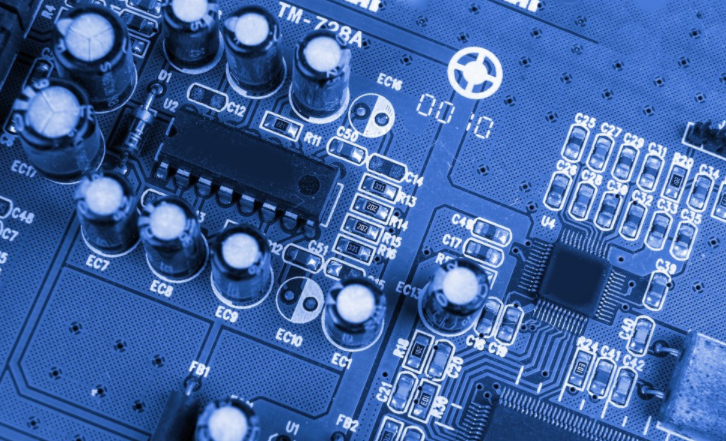
When the eutectic point temperature of the solder is about 35 ° C higher, a meniscus will be formed when a drop of solder is placed on the surface of the hot flux coating. To a certain extent, the tin dipping ability of metal surface can be evaluated by the shape of meniscus. If there is obvious undercut on the meniscus of the solder, the shape is like a drop of water on a lubricated metal plate, or even tends to be spherical, then the metal cannot be welded. Only meniscus is smaller than 30. It has good weldability at small angles.
Analysis on the cause of whitening around the pad after PCBA welding
After PCBA welding, there will be whitening around the pad, usually when PCBA completes wave soldering, cleaning the circuit board, storage and maintenance. These white substances are mainly caused by residues.
1. Wave soldering reason
1. Thin tin oxide floats on the surface of the wave crest;
2. Improper preheating temperature or curve parameters;
3. The flux flow rate is too high, the preheating temperature is low, and the tin feeding time is too short;
Flux composition, inspection test and certification.
2. Reasons after cleaning
1. Rosin in flux:
Most of the white substances produced after cleaning, storage and solder joint failure are rosin inherent in the flux.
2. Rosin denatured substances:
This is a substance produced by the reaction of rosin and flux during the welding process of the circuit board. The solubility of this substance is usually poor, and it is not easy to clean, and it remains on the circuit board to form a white residue.
3. Organic metal salts:
The principle of removing the oxide on the welding surface is that the organic acid reacts with the metal oxide to form a metal salt soluble in liquid rosin, forms a solid solution with rosin after cooling, and is removed together with rosin during cleaning.
4. Metal inorganic salt:
These may be metal oxides in solders and fluxes or halogen containing initiators in solder pastes, halogen ions in PCB pads, halogen ion residues in component surface coatings, and halogen containing data released at high temperatures in FR4 data. The solubility of substances produced by halide ion reaction in organic solvents is usually very small. If the cleaning agent is properly selected, the flux residue can be removed; Once the cleaning agent does not match the residue, it may be difficult to remove these metal salts, leaving white spots on the circuit board.
After that, the cushion beCAMe white and PCBA welding was mainly due to residual flux and uncleanness Cleaning is required after welding
Gerberファイル、BOMファイル、および設計ファイルをアップロードするだけで、KINGFORDチームは24時間以内に完全な見積もりを提供します。


